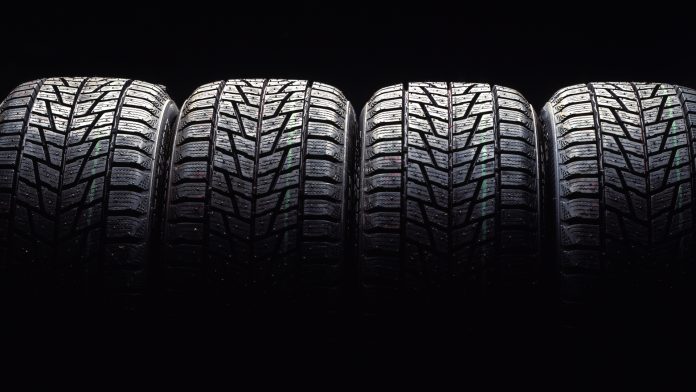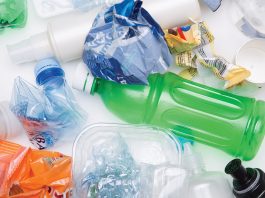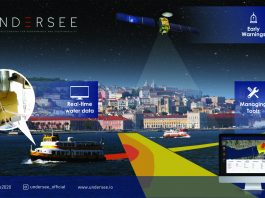A three-year project funded by the Natural Environment Research Council aims to assess the impact of tyre particles on the marine environment.
The project – Lost at Sea: where are all the tyre particles? (TYRE-LOSS) – will build on a major UK Government-funded study published earlier this year, which indicated up to 100million m² of the UK’s river network is at risk of contamination by tyre particles. The team aims to quantify the concentrations of this pollutant entering the ocean.
In collaboration with the UK universities of Plymouth, Exeter and Newcastle, the Plymouth Marine Laboratory will then explore how far these particles can spread, and any harm they might cause, by measuring concentrations in the sediment, water and biota up to 15km from the shoreline.
The new research will use techniques developed through the Government-funded study to construct and validate mathematical models describing the dispersal of tyre particles in inshore waters. This information will then be used to establish the potential for any risks that tyre particles pose to marine life at environmentally relevant concentrations.
The TYRE-LOSS project is being supported by an advisory group including policy makers, representatives of the tyre, automobile, plastics and water industries, and environmental charities.
Professor Richard Thompson OBE FRS, Head of the International Marine Litter Research Unit at the University of Plymouth and Principal Investigator on the TYRE-LOSS project said: “Over many years, we have demonstrated that the sources and impacts of microplastics are incredibly varied and complex. In comparison to other sources, relatively little is still known about the precise quantities of tyre particles in the marine environment and the effects they have once there.
“This project is important to further our understanding and brings together partners with whom we have worked previously on ground-breaking research into the causes and effects of marine litter. The advisory group also ensures that our evidence can be used to help guide solutions as it is only by working in tandem with industry and policy makers that we can truly address the global crisis of plastic pollution.”









